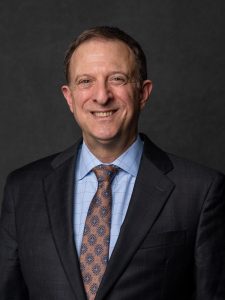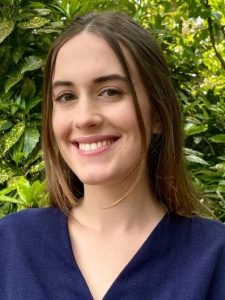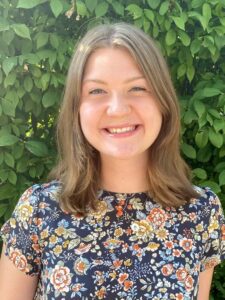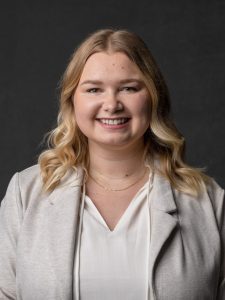The tenth AI Connect webinar, hosted by the U.S. Department of State and the Atlantic Council’s GeoTech Center on January 26, 2023, focused on applications of artificial intelligence (AI) in urban development and smart cities.
The event began with a fireside chat between Dr. Lloyd Whitman, Senior Director of the GeoTech Center, and Raffi Balian, Division Chief of the Multilateral Affairs team within the Office of Environmental Quality in the Bureau of Oceans and International Environmental and Scientific Affairs at the U.S. Department of State. The discussion addressed the opportunities for AI-enabled tools to improve quality of life for all through applications that increase environmental resiliency and sustainability. Mr. Balian concluded by emphasizing that approaches to AI applications in smart cities must be human- centered and community-driven to ensure that they “solve problems, overcome challenges, and meet the goals of addressing community needs to deliver meaningful, lasting, positive, and inclusive change.”
The fireside chat was followed by two panel discussions. The first panel, moderated by GeoTech Center Assistant Director Giulia Neaher, focused further explored on utilizingways to utilize AI for to make cities smarter and more smart and sustainable cities. Panel experts included: National Science Foundation Smart and Connected Communities Program Director Dr. David Corman, Lincoln Institute of Land and Policy Director for Latin America and the Caribbean Anaclaudia Rossbach, United Nations Habitat Innovation and Digital Associate Program Officer Abdinassir Sagar, and University of Florida iAdapt Director and Professor Dr. Zhong-Ren Peng. First, Dr. Corman emphasized the importance of including social sciences in tandem with technological sciences to ensure AI applications meet the needs of both urban and rural communities. Next, Ms. Rossbach shared how participatory governance can help address gaps in the decision-making processes surrounding smart cities and developments, particularly in vulnerable communities. Afterwards, Mr. Sagar presented on the UN-Habitat’s 5-step approach of leveraging technology for improving living conditions of urban dwellers. Lastly, Dr. Peng shared case studies from iAdapt that utilize AI to improve community resiliency against natural disasters. Altogether, the discussants provided insight into the challenges and opportunities of using AI to support sustainable urban development, demonstrating the wide-ranging potential for AI to facilitate equitable and accessible community resources.
The webinar concluded with a second panel, moderated by GeoTech Center Program Assistant Emily Sespico, that highlighted ongoing use cases of smart city applications. Dr. Helen Santiago Fink, U.S. Department of State Program Manager for the U.S.-ASEAN Smart Cities Partnership, explained the strengths importance of international cooperation, interoperability, and prioritizing sustainable development goals when developing smart cities. Next, Raimundo Rodulfo, Chief Innovation Officer for the City of Coral Gables in Florida, discussed presented a real-world case study of successful AI-powered cyber-physical infrastructure to improve quality of life for in Coral Gables citizens, including which assists with traffic management, public safety, and disaster resilience. Throughout the webinar, each expert emphasized the importance of diverse community input and sustainably based processes when implementing AI-enabled applications to support urban development.
Presentation Resources
Richard Holliday
Dr. David Corman
Anaclaudia Rossbach
- Organization: Lincoln Institute of Land Policy
Abdinassir Sagar
- Organization: UN – Habitat Smart Cities
Dr. Zhong-Ren Peng
- Organization: University of Florida iAdapt
Dr. Helen Santiago Fink
- Resource: U.S. – ASEAN Smart Cities Partnership
Raimundo Rodulfo
- Resource: Coral Gables Smart City Hub



